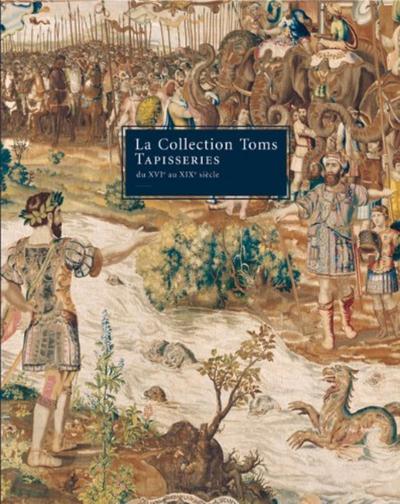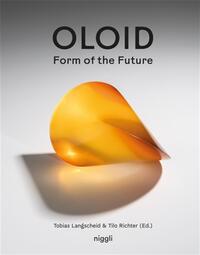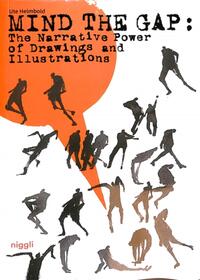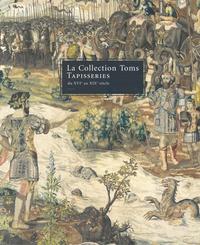Nous utilisons des cookies pour améliorer votre expérience. Pour nous conformer à la nouvelle directive sur la vie privée, nous devons demander votre consentement à l’utilisation de ces cookies. En savoir plus.
The Toms collection
EAN : 9783721207309
Paru le : 1 avr. 2010
-
 Livraison gratuite
Livraison gratuite
en France sans minimum
de commande -
 Manquants maintenus
Manquants maintenus
en commande
automatiquement -
 Un interlocuteur
Un interlocuteur
unique pour toutes
vos commandes -
 Toutes les licences
Toutes les licences
numériques du marché
au tarif éditeur -
 Assistance téléphonique
Assistance téléphonique
personalisée sur le
numérique -
 Service client
Service client
Du Lundi au vendredi
de 9h à 18h
- EAN13 : 9783721207309
- Réf. éditeur : G09636
- Collection : NIGGLI EDITIONS
- Editeur : Niggli
- Date Parution : 1 avr. 2010
- Disponibilite : Manque sans date
- Barème de remise : NS
- Nombre de pages : 340
- Format : H:302 mm L:247 mm E:35 mm
- Poids : 2.175kg
- Interdit de retour : Retour interdit
-
Résumé :
The Toms collection boasts one of the most important groupings of tapestries privately assembled during the second half of the twentieth century. Its more than 100 examples, woven between the sixteenth and nineteenth centuries in workshops of Flanders, France, Italy and England, are noteworthy not only for their geographic, historical and thematic diversity but also for their remarkable condition.
Mary Toms, widow of Reginald Toms, bequeathed this legacy in 1993 to the Canton of Vaud (Switzerland).
The collectors had resided at the Chateau de Coinsins between Lausanne and Geneva since 1958. In 2000 the State of Vaud united the Toms collection with the equally prestigious Pauli donation of contemporary textile art (1961-1992), creating a single institution, the Fondation Toms Pauli.
This catalogue documents all the woven works in the Toms collection, providing historical and artistic analysis. The authors, Guy Delmarcel, Nicole de Reynies and Wendy Hefford, are all recognised authorities in their respective fields of Flemish, French and English tapestry. Readers can discover a broad range of works belonging to one of Europe's great artistic traditions. Acquired on the art market in the 1960s, the tapestries had disappeared from public and scholarly view for nearly half a century.
In their time, tapestries were far more costly than paintings. However, beyond their sheer monetary worth, the complex processes of their production and distribution make them eloquent witnesses of the times in which they were made and the societies that appreciated them. This richly illustrated volume is intended for novice readers, veteran tapestry lovers, and specialists alike.













